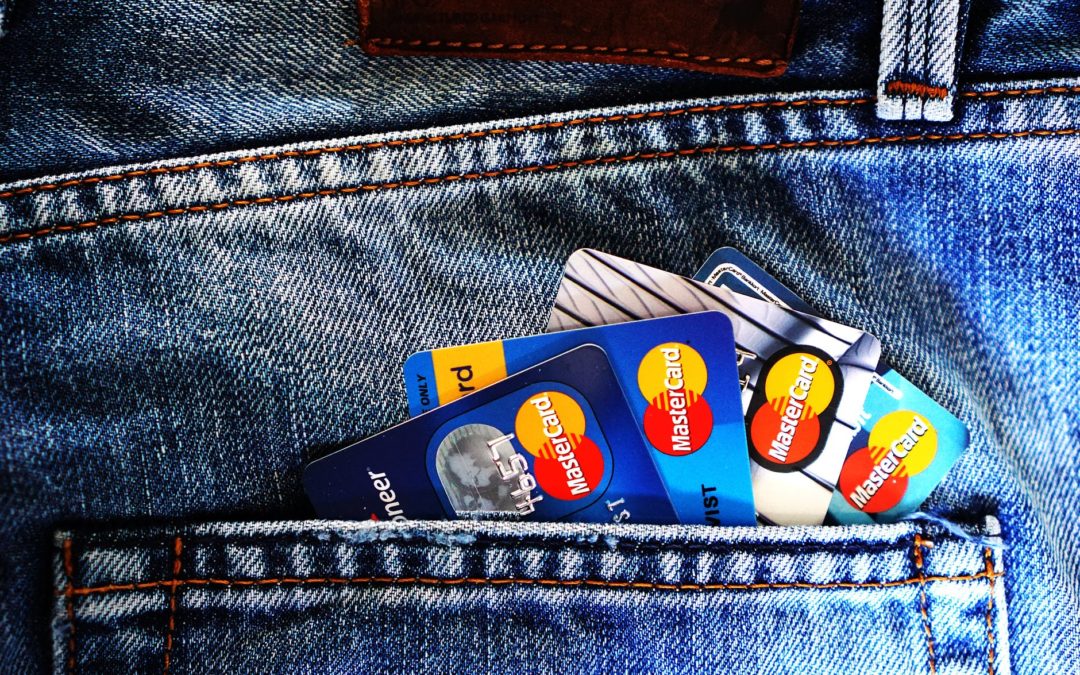Did you know that paying off debt can actually damage your credit score?
Your credit score is made up of five primary factors: payment history, amounts owed, length of credit history, new credit, and types of credit used.
*Disclosure: This is a partnered post. Read our full disclosure policy here.
This score allows companies to quickly assess your “creditworthiness” (how risky it is to lend to you). Having too few accounts open gives them the impression that others do not want to lend to you, even though this may be untrue.
So what should you do if you want to pay off debt but you also want to safeguard your credit score at the same time? Follow the tips below to protect your credit score while you get out of debt.
Monitor Your Score
You can’t safeguard your credit score if you don’t even know what your score is or how it’s calculated. Use a free credit monitoring tool such as Nerd Wallet’s to keep an eye on your score. Checking your score this way uses a “soft pull”, so it won’t damage your score.
Nerd Wallet’s tool gives you a specific rating (excellent, good, okay, poor) for each of the five factors that make up your credit score. Pay close attention to those that are marked “okay” or “poor”. Which factors are dragging your score down? Knowing what the problem is can help you create a plan of attack.
Always Pay Bills on Time
Missing payments can negatively impact your score. Make sure to always pay your bills on time. Setting up automatic payments can help with this so you don’t forget to make a payment. Some lenders will even give you a slight reduction on your interest rate if you set up auto debit.
Keep Credit Cards Open
While you work to pay off student loans, credit card debt, car loans, a mortgage, or any other types of debt, make sure to keep at least two credit cards open. If you have credit card debt, pay it off first, but then charge a small amount to your card each month (and pay it off in full).
If you close too many accounts, your credit score will suffer. My husband and I have dealt with this problem ourselves. We started with more than 20 student loans and when we had paid the majority of them off, our credit scores took a major hit because we had closed too many accounts.
Being 100% debt-free is an awesome goal, but remember that closing all of your accounts will cause your credit score to become zero! Keeping a couple of quality credit cards open is a good way to continue building your credit.
I currently have two credit cards. Both offer cash back rewards and no annual fees. Make sure to choose your credit cards carefully!
Use Debt Sparingly
If you find yourself in a tricky situation and need to use debt, do so sparingly. One way to ensure that you pay off the debt quickly is to choose a loan with a short time frame, such as a title loan.
A title loan is a loan for a small amount of money and a short amount of time (usually 30 days). With this type of loan, borrowers use their vehicle title as collateral. Once the loan is repaid, the title is returned to its owner.
The requirements for a title loan include the following: you must be the owner of the vehicle; you must be able to show proof of identification, insurance coverage, and monthly income; and you need to provide personal references.
Safeguard Your Score
Paying off debt is a worthwhile goal, but unfortunately, it can damage your credit score. Your credit score matters because it will determine the interest rate you receive on a mortgage or other loan.
To safeguard your score while you pay off debt, make sure to follow the tips outlined above. Good luck!




Recent Comments